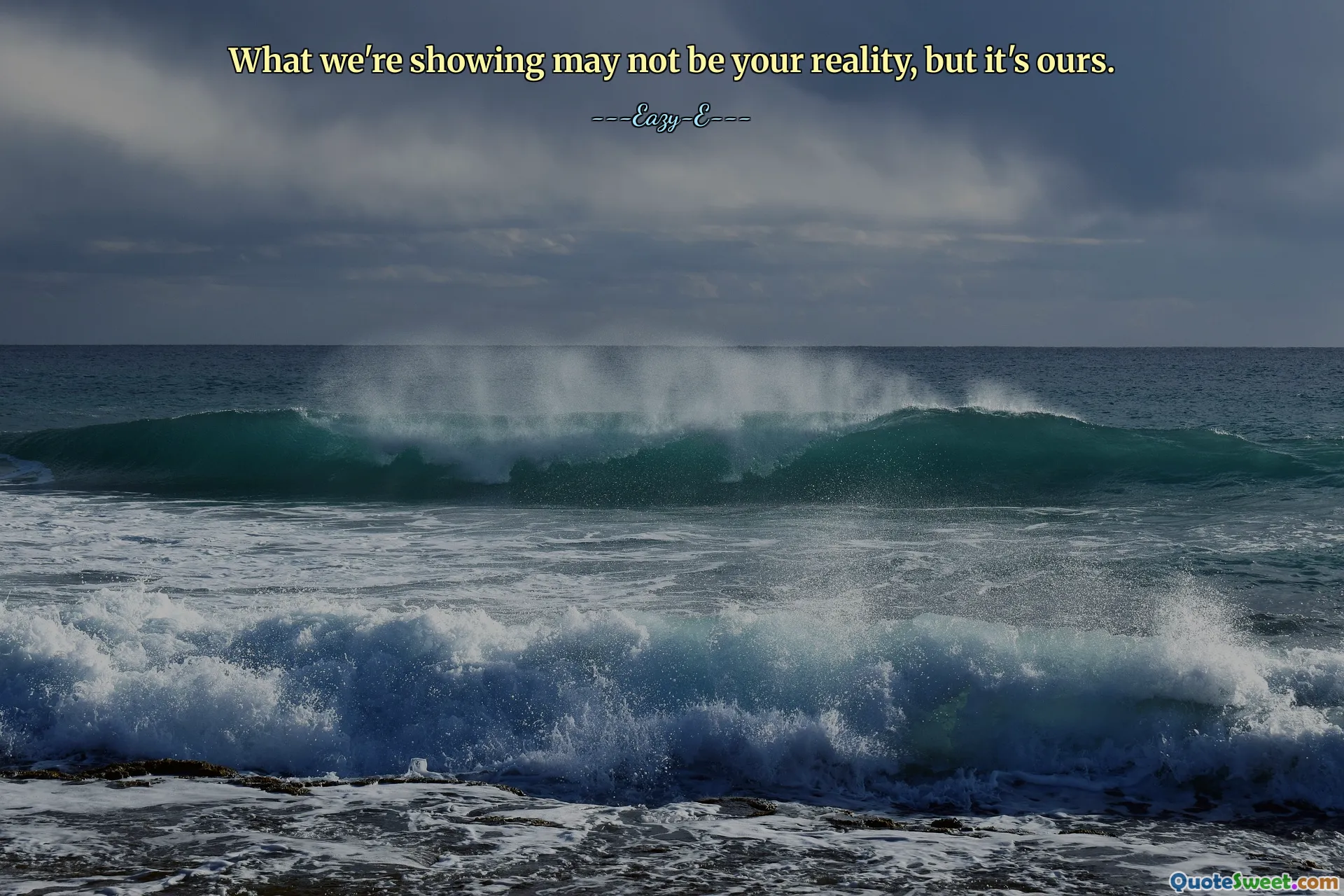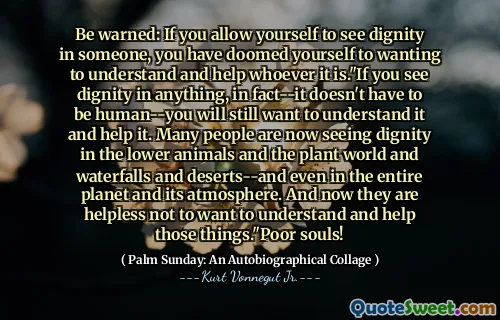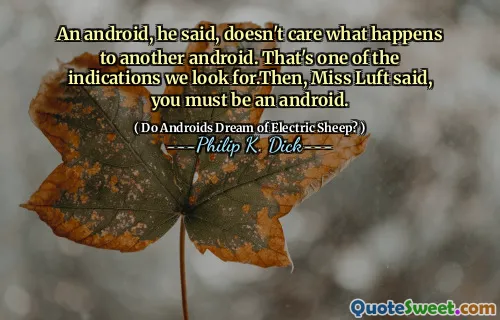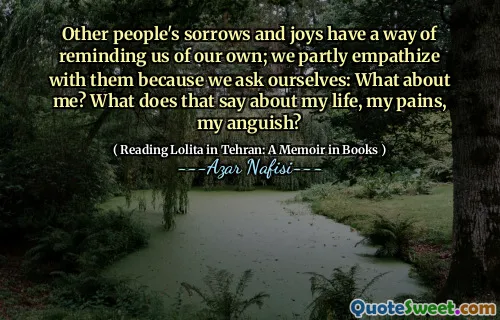
What we're showing may not be your reality, but it's ours.
This quote explores the complex nature of perception and the subjective reality each individual constructs. It acknowledges that our experiences and viewpoints are inherently personal and may differ significantly from what others perceive as reality. In a world saturated with information, media, and varying narratives, the idea that what’s presented isn’t always an absolute truth is both compelling and humbling. It reminds us to consider multiple perspectives and recognize that everyone filters their experiences through their own unique lenses.
In our social interactions and in the broader context of societal structures, this phrase reinforces the importance of understanding that different worlds exist side by side, often operated by different sets of beliefs, biases, and lived experiences. It invites a degree of humility in our judgments, encouraging us to question what is presented and seek greater understanding beyond surface appearances. The notion that "it's ours" emphasizes ownership over our crafted realities—whether they are shaped by personal choices, cultural influences, or societal conditioning.
Moreover, this quote can be related to the democratization of information in the digital age. With the vast amount of content consumed daily, we often forget that perception is subjective. What might seem like a straightforward fact to one person could be misunderstood or manipulated for another. Recognizing that our version of reality is just one piece of a larger puzzle fosters empathy and open-minded dialogue. Ultimately, it highlights the importance of respecting others' realities, even when they conflict with our own, and remaining aware that our perceptions are just one narrative among countless others.
---Eazy-E---










